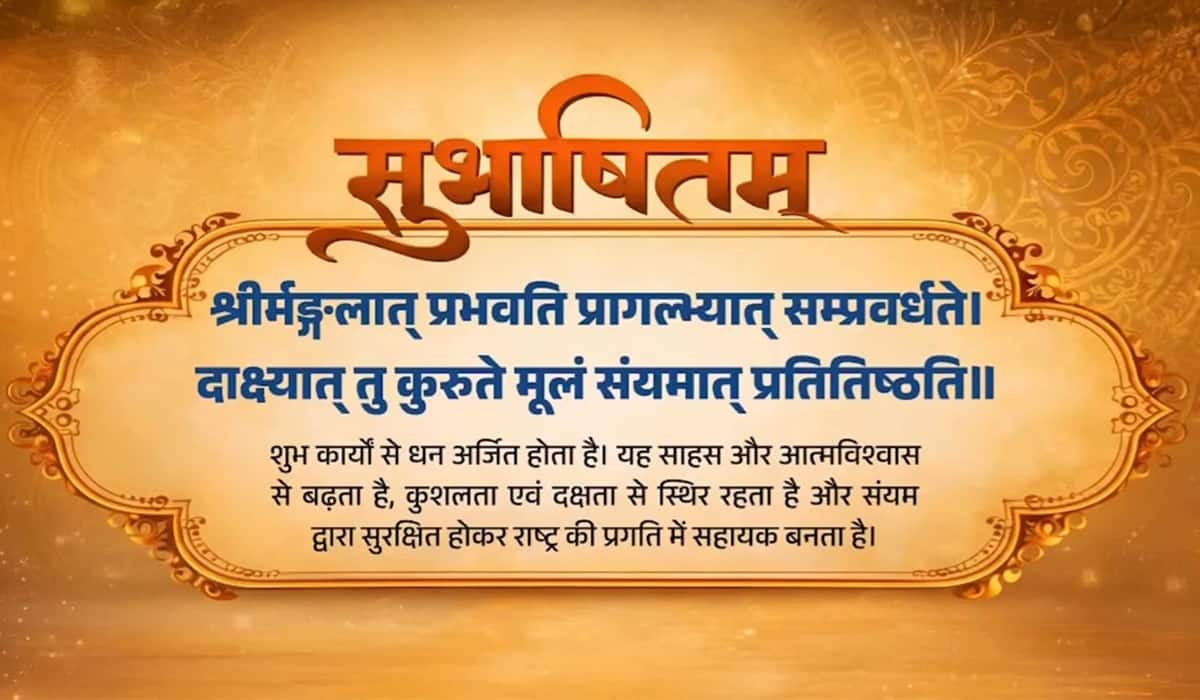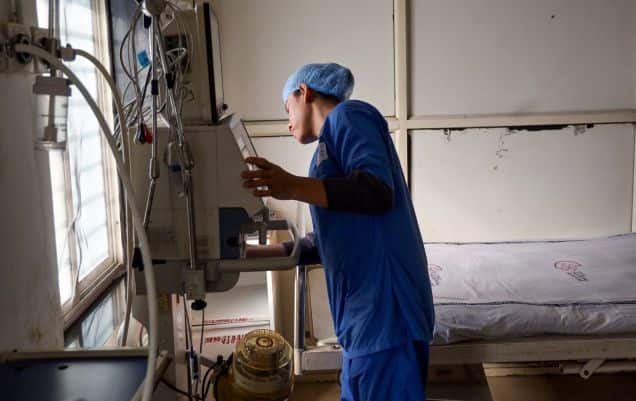The Union Cabinet chaired by Prime Minister Shri Narendra Modi approved the proposal of the Ministry of Commerce and Industry, Department for Promotion of Industry and Internal Trade for Uttar Poorva Transformative Industrialization Scheme, 2024 (UNNATI – 2024) for a period of 10 years from the date of notification along with 8 years for committed liabilities at a total cost of Rs.10,037 crore.
The following incentives would be available under the scheme to investors for setting up new units or undertaking significant expansion of the existing units.
|
S. No |
Where GST is applicable |
Where GST is not applicable |
|
1 |
Capital Investment Incentive (For Both New & Expanding Units):
Zone B: 50% of eligible value of investment in plant and machinery / construction of building & durable physical assets with cap of Rs. 7.5 Cr. |
Capital Investment Incentive (For Both New & Expanding Units):
Zone B: 50% of eligible value of investment in plant and machinery / construction of building & durable physical assets with cap of Rs. 10 Cr. |
|
2 |
Central Capital Interest Subvention (For Both New & Expanding Units):
|
Central Capital Interest Subvention (For Both New & Expanding Units):
Zone A: 3% interest subvention offered for 7 years |
|
3 |
Manufacturing & Services linked incentive (MSLI)– For New Units only – linked to Net Payment of GST, i.e., GST paid less Input Tax Credit with upper limit of
Zone A: 75% of eligible value of investment in P&M |
NIL |
|
Maximum Eligible benefits to one unit from all components of the scheme: Rs. 250 Cr. |
||
Expenditure involved:
The financial outlay of the proposed scheme is Rs.10,037 crore for the scheme period from the date of notification for 10 years. (Additional 8 years for committed liabilities). This will be a Central Sector Scheme. The scheme is proposed to be divided into two parts. Part, A caters to the incentives to the eligible units (Rs. 9737 crores), and Part B, is for implementation and institutional arrangements for the scheme. (Rs. 300 Crore).
Targets:
The proposed scheme envisages approximately 2180 applications, and it is anticipated that direct employment opportunities of about 83,000 will be generated during the scheme period. A significant number of indirect employment is also expected to be generated.
Salient features of the scheme:
i. Scheme period: The scheme will be effective from the date of Notification and up to 31.03.2034 along with 8 years of committed liabilities.
ii. Application period for registration: Industrial unit will be allowed to apply for registration from the date of notification up to 31.03.2026
iii. Grant of registration: All applications for registration shall have to be disposed of by 31.03.2027
iv. Commencement of Production or operation: All eligible Industrial Units to commence their production or operation within 4 years from the grant of registration.
v. Districts are categorized in two zones: Zone A (Industrially Advanced Districts) & Zone B (Industrially Backward Districts)
vi. Earmarking of funds: 60% of the outlay of Part A has been earmarked to 8 NE states and 40% on First-In-First-Out (FIFO) basis.
vii. For Micro industries (defined as per MSME industry norms), the P&M calculation will include the building construction and P&M costs for Capital Investment Incentive.
viii. All new Industrial units and Expanding units would be eligible for the respective incentives.
Implementation strategy:
DPIIT will implement the scheme in cooperation with the states. Implementation will be overseen by following committees at the national and state levels.
I. The Steering Committee, headed by the Secretary, DPIIT (SIIT), will decide upon any interpretation of the scheme within its overall financial outlay and issue detailed guidelines for execution.
II. State Level Committee, headed by the state's Chief Secretary, will monitor implementation, checks and balances, ensuring transparency and efficiency.
III. Secretary Level Committee, headed by the senior Secretary of the state (Industries), will be responsible for implementing the scheme, including the recommendation of registration and incentives claims.
Background:
Government of India has formulated New Industrial Development Scheme, UNNATI (Uttar Poorva Transformative Industrialization Scheme), 2024 as a Central Sector Scheme for the development of Industries and generation of employment in the states of North East Region. The scheme's main objective is to generate gainful employment, which will lead to the area's overall socio-economic development. It will create productive economic activity in the manufacturing and service sectors.
Industrial development in the NER needs to be given a fresh thrust with emphasis on job creation, skill development, and sustainable development by attracting new investments and nurturing existing ones. However, to maintain a proper balance between the industrial growth and pristine environment of the NER, certain industries are kept in positive list such as Renewable energy, EV charging stations etc and there is a Negative list for certain sectors which may hamper the environment such as cement, plastic etc.
The Uttar Poorva Transformative Industrialisation Scheme, 2024, which has been approved by the Cabinet will enhance the growth trajectory of the Northeast and create many opportunities for the youth. https://t.co/1edmKK4KoD https://t.co/gQDXkHZg59
— Narendra Modi (@narendramodi) March 7, 2024













